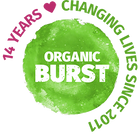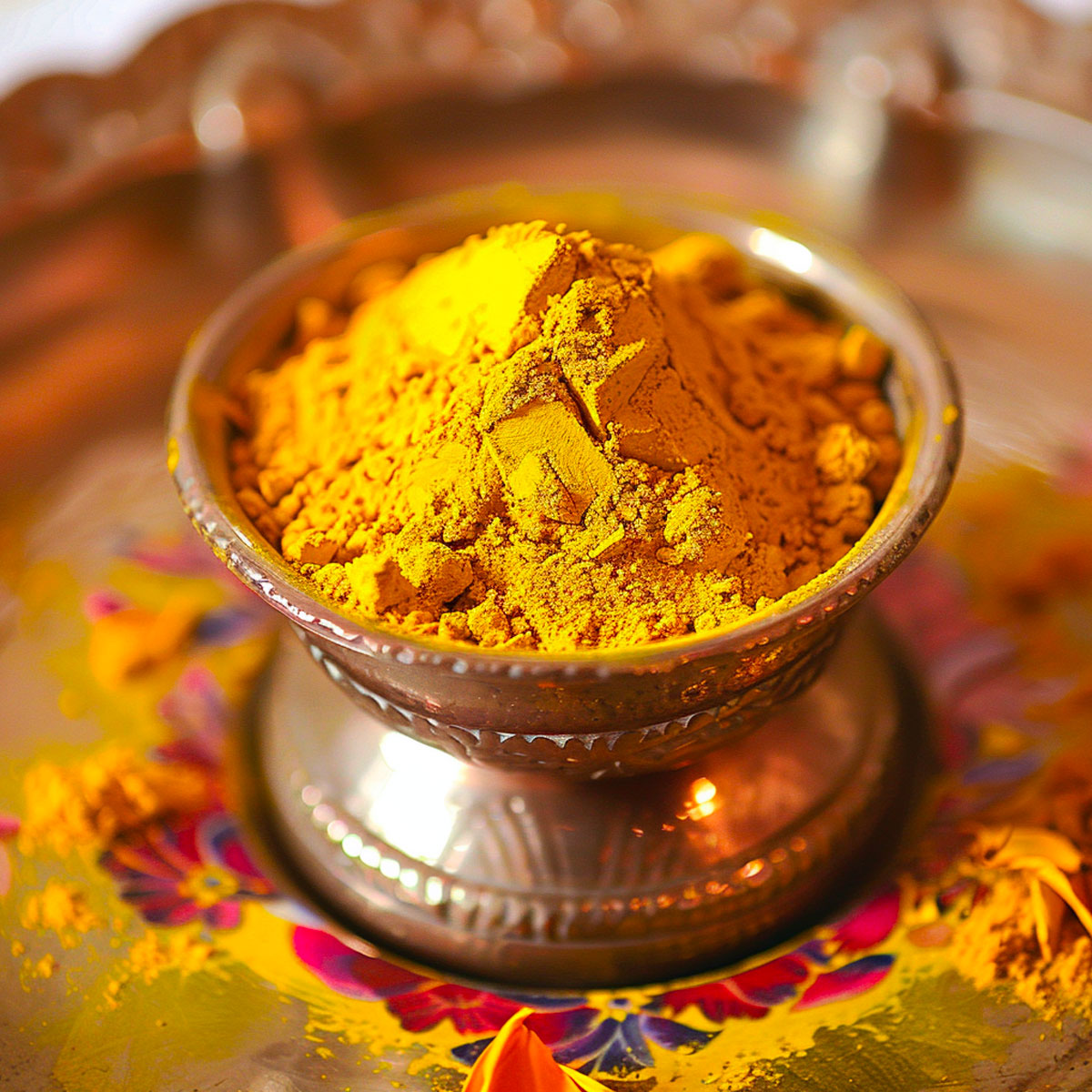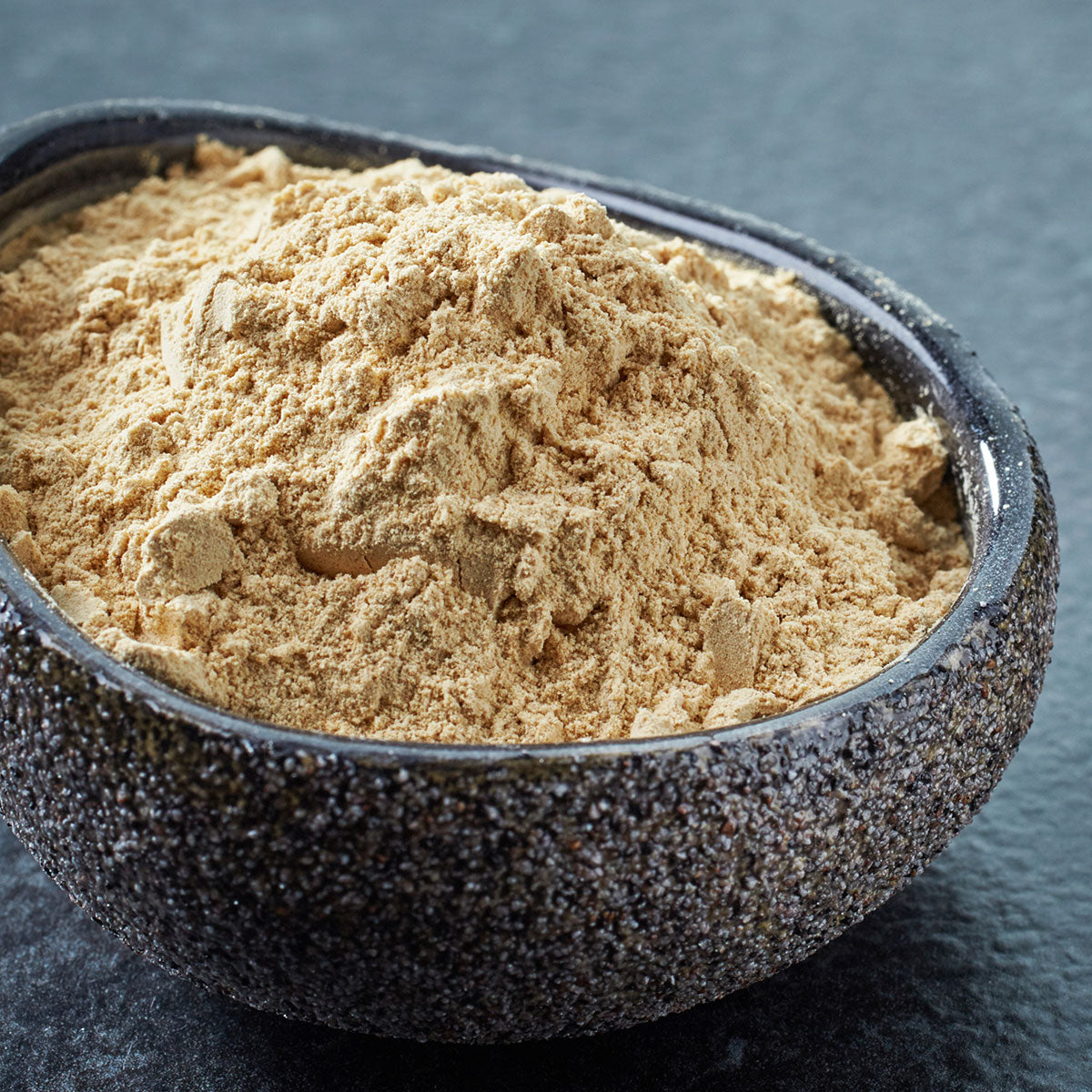Find out what chemicals lurk inside your vitamin pills, why they’re there and how your body reacts to them
- Watch out for these substances in your nutritional supplements
- Learn the difference between what’s made in a lab and what’s natural
- How to choose only pure and fully beneficial supplements
Are you taking vitamins because you’ve not been well, you’re prone to allergies, infections or simply that you want to do the very best for your body? If so, swallowing toxic, non-beneficial substances is the very last thing you should be doing!

1. Why do your vitamins contain additives?
Manufacturers put additives into your vitamin tablets for lots of different reasons – as a processing aid, to bulk them out or make them easier to swallow. Here’s a list of the types of additives that your body doesn’t need or benefit from!
- Fillers – to add volume to tablets and capsules
- Bulking agents – to top up the content of the pills or capsules
- Binders – used to stick ingredients together in a tablet
- Anti-caking agents – to stop the ingredients clogging up machines
- Carriers – to maintain a powder consistency
- Coatings – to make swallowing easy
- Preservatives – to save ingredients from spoiling
- Emulsifiers – to bind water to fats
- Colours – to look more appealing to the consumer
- Flavours – to alter the taste, even in tablets that are swallowed whole
- Sweeteners – to make flavour more palatable, again, even for tablets
2. What are the common additives you should watch out for?
- Magnesium stearate and stearic acid – used in 90% of nutritional supplements to speed up the manufacturing process and keep costs down. It can be derived from animal or vegetable, it has no nutritional benefit and could potentially cause harm.
- Sodium selenite and selenite – toxic, inorganic chemical sources of selenium.
- Gelatin – an animal protein that is not vegan-friendly and is likely to be sourced from low quality, factory farmed animals fed GMO grain.
- Lactose – a sugar from milk, likely to be sourced from cows treated with medications and fed grains. It is also a common allergen.
- Titanium dioxide – a colourant used to make tablets and capsules bright white. It is not an ingredient found in any natural food.
- Dicalcium phosphate – a cheap and inorganic form of calcium, which helps to bulk out tablets. It is not well absorbed and used by the body.
Solution: Only choose products that are additive-free.
Organic Burst Superfoods contain NO ADDITIVES whatsoever, which is totally possible!
Our tablets are made by compressing the powder together without binders. Acai berry capsules are plant cellulose that melts in water.
3. Controversy about Magnesium Stearate
You may have heard about magnesium stearate – the most talked about additive at the moment. It is found in the majority of mass-market nutritional supplements, and is used to stop machines getting clogged up, speed up production and save money. This is great news for the manufacturer, but what about you? Do you want it in your vitamin tablet?
Leading nutrition experts disagree on whether magnesium stearate is safe or not. There is some evidence that it could damage the immune system and destroy cells.
There are no long-term human studies that support the use of magnesium stearate. Even though big manufacturers use it extensively, none have paid to have toxicology research carried out to prove its safety as a food additive.
Solution: Stay away from anything controversial!
That’s our ethos here at Organic Burst and why all our products are pure and natural whole foods with nothing added.
4. Further problems with lab produced vitamins
Even if you could strip out all the additives from your tablets, leaving only the active vitamins and minerals, what you’re left with is actually synthetic and made in a lab!
Because the nutrients in mass-produced, ‘supermarket’ vitamin pills are artificially made and not from natural food, there is no guarantee that your body recognises them or can use them.
Should we be eating rocks?
‘Natural’ mineral salts that are used in nutritional supplements including calcium, magnesium, potassium, iron, selenium and zinc are found in rocks and soil, but they are not natural foods for humans.
In fact, they are perfect food for plants, which then convert them into usable nutrients for us to eat, but cutting out the plant middleman isn’t the route to getting usable minerals in your body.
Solution: Choose products that are natural plant-based wholesome foods.
Organic Burst Superfoods are just that - foods, which are packed with natural nutrients that your body recognises and uses.
5. How to choose chemical-free supplements
- Select products that are natural and from food sources – Organic Burst Superfoods are whole, natural, raw plants.
- Read the labels and look up any suspicious ingredients - pure and simple is always best, Organic Burst Superfoods only contain one ingredient per product, so it doesn't take you long to read the label!
- Ensure they are tested for contaminants – each batch should be tested at source, but also again in the manufacturer's country. We use an independent lab in the UK to make sure our products are always free of contaminants.
- Check for GMP certification and vigorous quality control - EU GMP standards and the Soil Association stamp are good signs on a vitamin label.
- Look at the level of care that goes into the product - Organic Burst Superfoods have high ethical and moral standards, from our mission to support the growers and harvesters, to the high quality of our products, to the customer experience. We really do care!
In summary...
Most additives only benefit the manufacturing process, making it quicker and therefore cheaper – cheaper does not mean better for your body!
Sadly many vitamin pills are packed with junk, and use cheap, synthetic versions of nutrients that your body does not utilise in the same way as those that come from natural food sources.
Additives could cause allergies, they may be from GMOs, or contain residues from damaging pesticides.
Only put things in your body that are completely natural and benefit YOU.





